
I am one of the forty health professionals and parents featured in Plant-Powered Parenting. The book was recently published, and I am happy to share with you the unedited interview where I am asked about my work in the health industry, as well as how to overcome some of the challenges and criticisms of raising a vegan child.
Please introduce yourself and tell us about yourself, your work and your family.
I started working in the health field as a personal trainer back in 2001. A few years later I began to realize that no matter how well people exercised, and regardless of the physical shape they seemed to be in, as they got older prescription medications became a normal part of their lives. I decided to investigate and that’s what led to me to further my education in nutrition.
Up to this point I thought I was eating and recommending a healthy diet, but I was wrong. I had been guilty of regurgitating information without questioning or looking at the evidence directly. That’s when I began sifting through medical journals and by doing so discovered something that, quite frankly, shocked me right down to my core: we had known about the benefits of a plant-based diet for almost a century. Why was the public not informed about this? Why weren’t the textbooks I was assigned for my courses properly representing the evidence? I admit it was hard to believe, so I decided to put what I was learning to the test.
I was very fortunate to already have a loyal base of clients, and so I began to guide them into transitioning to a plant-based diet. Truth be told, they had to endure my constant lecturing - I must have been terribly annoying, but it worked. I got them to change their diets. Soon enough, all the evidence I had reviewed and all the studies I had read were coming true to life. Through my clients I was witnessing in person the benefits of a proper plant-based diet. People who had been on prescription medications for over a decade were able to get off them in less than a month. For myself, there was no going back from this. I accepted the responsibility to share the right information with people. That’s what I continue to do to this day, to the best of my ability.
Today, I own and operate a private health facility that focuses on exercise and nutrition, offering people an opportunity to take charge of their health. It’s a real family business, my partner Christine and our two year old daughter are here every day with me, seven days a week. It’s our home away from home, and we are fortunate to have such a wonderful community of local clients, some of whom have been with us since the very beginning, over 17 years ago. About 6 years ago, I started posting lecture videos and articles online and was pleasantly surprised by the amount of interest they generated. Our community now extends to people across the world, all sharing the common goal of taking responsibility for their health, and being able to enjoy life to the fullest.
Your work in health and fitness inspired you to pursue further study in plant-based nutrition and you decided to raise your child vegan, how does a plant-based diet benefit children and what advice would you offer to other parents?
All parents want to raise healthy children, and when you properly review the evidence, you realize this means having them consume a healthy vegan diet. This wasn’t even a discussion for us. We want the best for our child. She’s thriving on this diet, and our clients get to witness this first hand. She’s in the gym all day long training with them, and then at reception handing them their freshly harvested sprouts and micro greens. People joke that we created her just to advertise our food because they see her munching on sprouts and consuming our green juices and more of our products all throughout the day. She has her preferences and can be picky, but we’re happy with the variety of choices she gets to choose from.
The advice I would give parents first and foremost is about the importance of mother’s milk. We encourage them to breastfeed for 2 years if they can, and to not rush the introduction of solid food. The benefits of breast milk extend far beyond basic nutrition, and it’s what builds your baby’s immune system. I also recommend that parents look at their own nutrition before even having their child. For example, we know that very harmful environmental toxins, such as dioxins, accumulate in animal tissues that we consume, transfer to the fetus and, later on, via breast milk to the nursing child. A proper plant based diet is largely protective for both mother and child from the start- so don’t just wait until you have your baby to clean up your act.
I also teach parents to resist the urge to allow their own biases affect what they feed their children. Children’s taste buds are more sensitive than ours; they taste the sweetness in mother’s milk. Cakes, candy and other refined sugary food can taste horrible to them. Don’t give them junk food thinking they are missing out, they’re not. Fruits and vegetables are nature’s candy, you better believe it. And if you don’t, try taking a cucumber or raspberries away from my daughter - it’s not going to end well. She even consumes algae the way some other children eat Skittles or M&Ms! The bottom line is that we can raise our children to not have the same struggles with food addictions that we’ve all suffered from. We have to keep in mind that a large majority of school children already have symptoms of cardiovascular disease. Chronic diseases don’t just appear out of nowhere once you turn a certain age, they are the result of a cumulative effect that began when you were still a child. Don’t undermine the importance of good nutrition right from the start.
In order to have children eat more nutritious foods you have to educate them, let them in on the reasons why you agree more with some food choices than others. In my practice dealing with young children and teenagers has always been easier than adults. Children don’t have a veil of cynicism or ego that blocks their common sense and, hopefully, they don’t yet suffer from any food addictions. You teach them how a plant-based diet makes them strong and healthy, protects the environment, and doesn’t contribute to the suffering of animals, and the main question they have is why is the world so upside down- it just makes no sense to them that we’re not all on a plant-based diet. It’s hard to answer that next question about the world for them. It’s a balance of telling the truth while trying to maintain their innocence and idealism so that they can affect positive changes.
I’ve worked with over a thousand children in my career, and what I’ve learned is this: tell the truth, don’t talk down to them. It’s quite different than working with adults - with adults you have to enter their world, show them you understand where they are coming from and why they are cynical- they have every right to be- and then bring them along slowly with facts while building their confidence and ability to see the truth for themselves. Remember, the older you are the harder it is for you to admit you’ve been wrong about something, and the harder it is to change your old habits. Children don’t have that problem. We have a great opportunity to tell them the truth, and set them out on the right path.
I also find that teaching about food is an opportunity to build strong leaders, young people who understand that just because everyone around them is doing something it doesn’t make it right. The world doesn’t make sense sometimes, and that’s why we need conscious, intelligent people who seek to discover the truth for themselves, as opposed to blindly following the status quo. As with adults, I don’t want children to do what I say without understanding why. I want them to learn how to ask questions, to learn how to learn, and to feel that they can create positive change in the world around them without being judgemental of others.
Through your work, you help people to understand and decipher complex scientific information, as global interest in plant-based eating rises, what advice would you give to people who remain skeptical?
My advice is simple: please remain skeptical. In fact, if you aren’t convinced about the benefits of a plant-based diet then you haven’t been skeptical enough. But let’s not confuse skepticism with lack of confidence. In my latest video, Nutrition Scam 101: When Doctors Abuse Your Trust, I discuss in detail why I want people to be skeptical about nutrition claims, but to also have the confidence and ability to recognize the truth when they see it. I don’t blame anyone for being cynical because the health industry is based on confusing people.
You could have 5 PhDs and still be fooled when it comes to nutrition. My clients include doctors and other health and medical professionals who, at one time, fit into this category. Now here’s how you get over that: you learn how to separate real evidence from headlines and marketing disguised as science, that’s what my latest video is all about, so I would recommend that people watch it. In the end, you can choose to use your skepticism as a license to be lazy, or you can allow it to lead you to the truth by learning how to investigate. Showing people this process is a passion of mine, that’s why I created a one-hour lecture video on this topic, and it’s free for everyone to watch.
Parents often feel anxious about nutrition during pregnancy and when their children are small. They are usually told by medical professionals that consuming animal products during this time is essential for normal development. Can you explain why this is misleading and how they can combat criticism?
Whenever you do something that seems so different to other people, you unfortunately become a target. Our daughter has an incredible amount of energy, and has never been sick a day of her life. However, we know that if she had so much as the sniffles there could be some backlash from people who don’t know any better. It’s unfortunate that in this day and age you have to defend yourself for feeding your child what is proven to be the healthiest diet for them. If you’re not well informed people’s comments can negatively affect you. It’s only normal, after all you are being accused of harming your own child.
The best way to counter this is to get better educated, and thus very confident about your choices. I get frustrated when I hear the things that some people, including nurses and doctors, say to my clients. If I was there they wouldn’t get away with it so easily. Then it becomes my job to reassure my clients with the evidence, and that’s when their anxiety turns into anger for what they were told and how they were made to feel. I remind them that many people just don’t know any better, and as insensitive as their comments may seem, they are only trying to help. Get informed, that’s the answer. That’s how you get people’s uneducated comments to stop affecting you.
There are many unfortunate circumstances surrounding pregnancy and childbirth that occur in developed parts of the world. In North America, when a woman is pregnant she is often treated as if she has some form of disease. She’s automatically put on some of the worst synthetic supplements, and is made to feel that if she doesn’t accept every single test that is available to her she will have a bad outcome. The fear-mongering starts early in the process, and I’ve seen how it can potentially rob parents of what should be a beautiful journey. It becomes my job to continually reinforce facts about nutrition, pregnancy and childbirth. This includes reminding them of the even greater importance of avoiding animal-based foods during pregnancy, while consuming the most nutritious plant-based diet. There is no nutrient that is better obtained from animal versus plant sources. That’s a fact.
Armed with proper information, my clients can, with confidence, brush off uninformed comments made from medical practitioners, and stick to their proper diet. The results are healthy pregnancies, confident and happy parents, and a true wake up call about just how important it is to be well informed during this entire process. You do have to develop a thick skin sometimes, but remember that your child’s health comes first, and conforming to what makes other people comfortable isn’t your priority.
The other thing you hear quite often coming from dietitians is that it’s okay, and even possibly healthy, to feed your children a plant-based diet as long as you are extremely careful about balancing their diet, otherwise it can be quite dangerous. This gives parents the feeling that they need to be rocket scientists to get this right, and that if they make a mistake in their elaborate calculations their child will suffer from terrible deficiencies. I disagree with this whole-heartedly because I know, without any doubt, that it is a whole lot easier to provide your children with all the nutrition they need on a plant-based diet.
There is in fact less planning or worrying about nutrient ratios when you are consuming a healthy vegan diet. Once I help parents remove the doubt that was, in large part, created by misinformation, they begin to realize how practical, simple, and beneficial it is to eliminate animal based foods from their children’s diets, and to start them out on the best path possible- one that veers away from our current disease-care system.
We have an opportunity to give our children our unconditional love, and what better way to show this than to lay down a proper foundation for the healthiest, most conscious and joyous life possible.
You can order your copy of Plant-Powered Parenting from Amazon.
Also available: Vegan For the People
My area of expertise is helping people achieve their greatest health potential, and not on animal rights or environmental concerns. However, it is immensely hard to ignore how the same choices that improve our personal health are also compatible with improving the world around us.
Vegan For the People: Human Rights In A Compassionate World is an academic-style journal that blurs the lines between animal and human rights, giving us the gift of knowledge that can help shape our better future. I am proud and privileged to have contributed to the first edition.




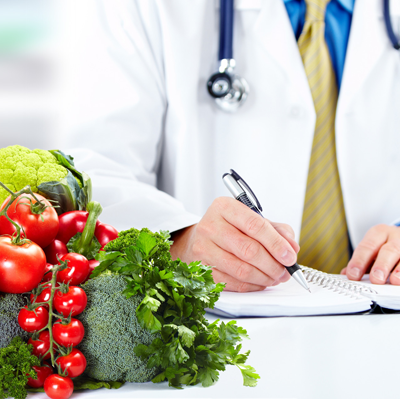
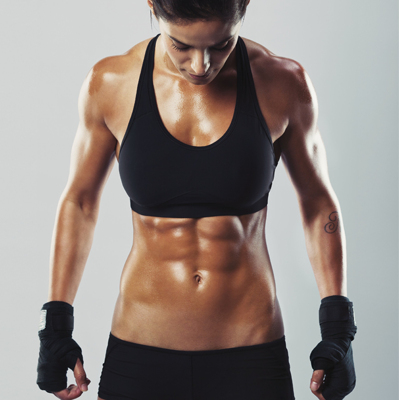
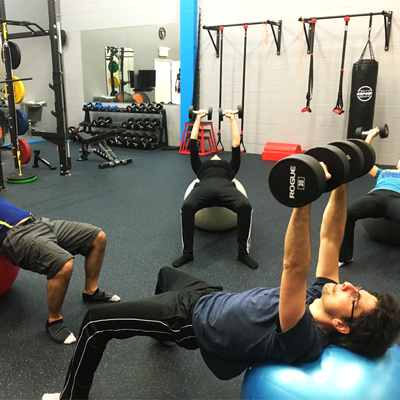
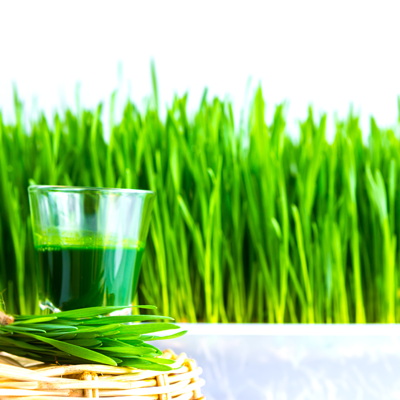
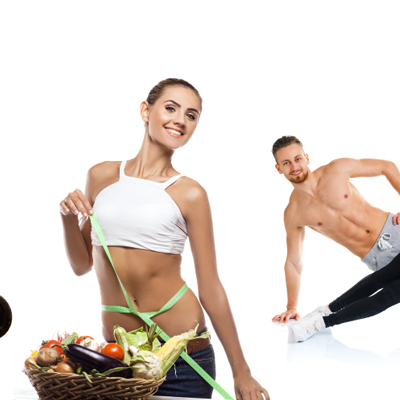
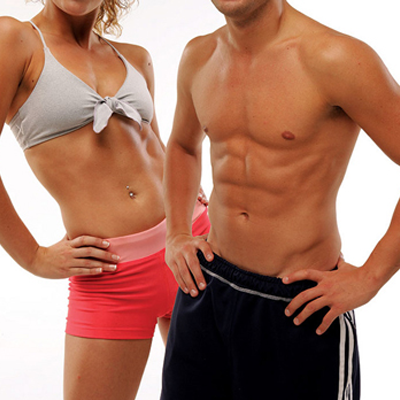
As always exceptionally spoken……loved the read.
Thank you very much Tundi, I appreciate your feedback.
This is a GEM of an interview! I wish the editor of a recent article in the Guardian (UK) can read this and correct herself in the next posting. It is so important to arm people with the right tools and let them make the right choices.
Super work.
Thank you very much Sushma. Yes I believe I remember that article from the Guardian that you had sent me.
I don’t know if it’s the same in the UK, but over here in North America mothers are made to be frightened about so many things during their pregnancy. In our case, we avoided most of that by choosing to go with a mid wife at a birthing center, as opposed to having a doctor and giving birth at a hospital. Not everyone can or should take this route, but we were fortunate to be able to do so.
Today you have to be adept at knowing when and how to use modern science and medicine to your benefit, while avoiding the extra curricular fear mongering that can lead to poor decision making.
Excellent interview, Marc. Well done.
Thank you very much.